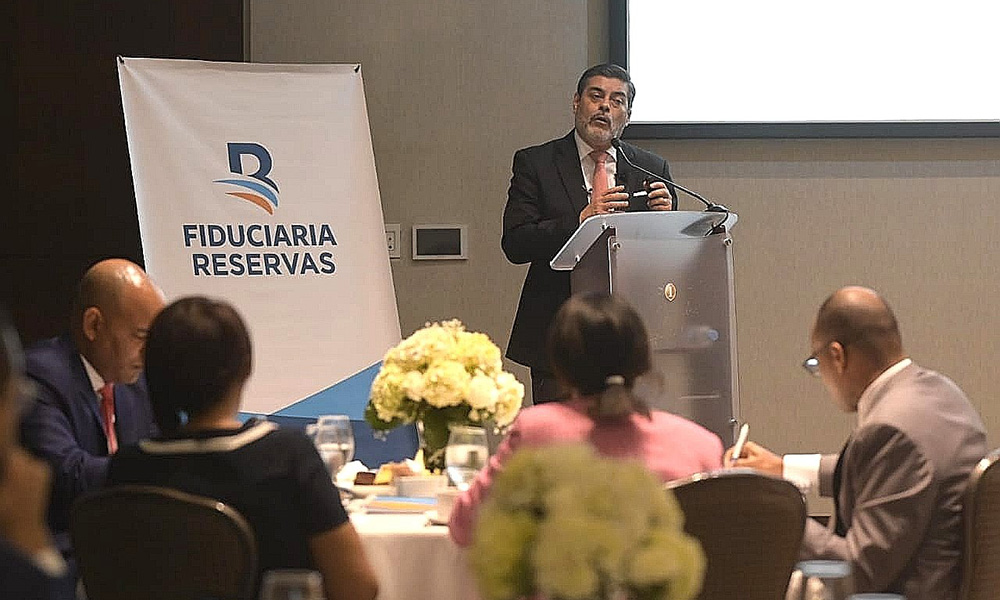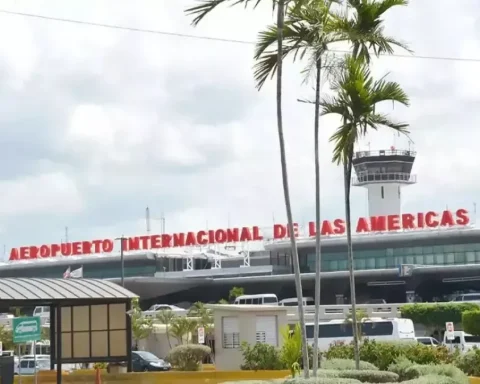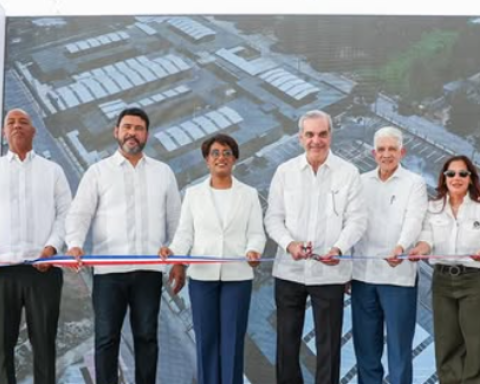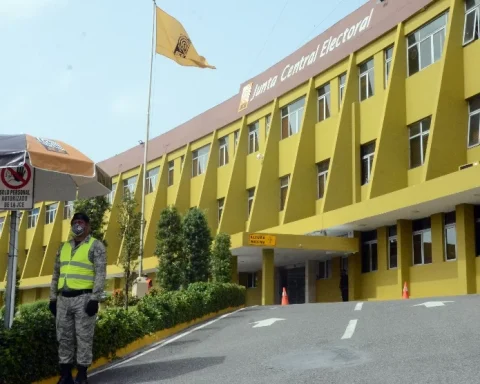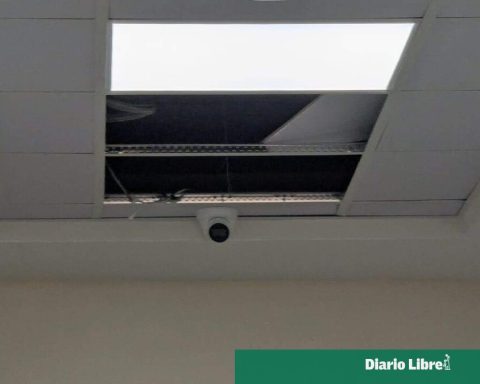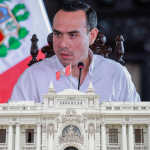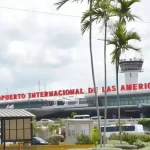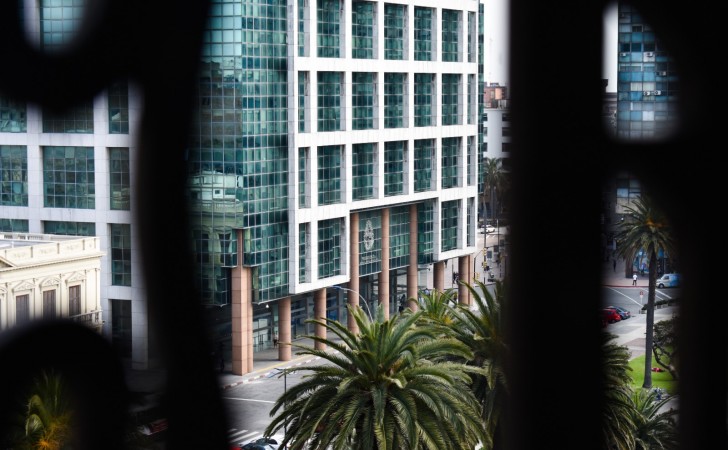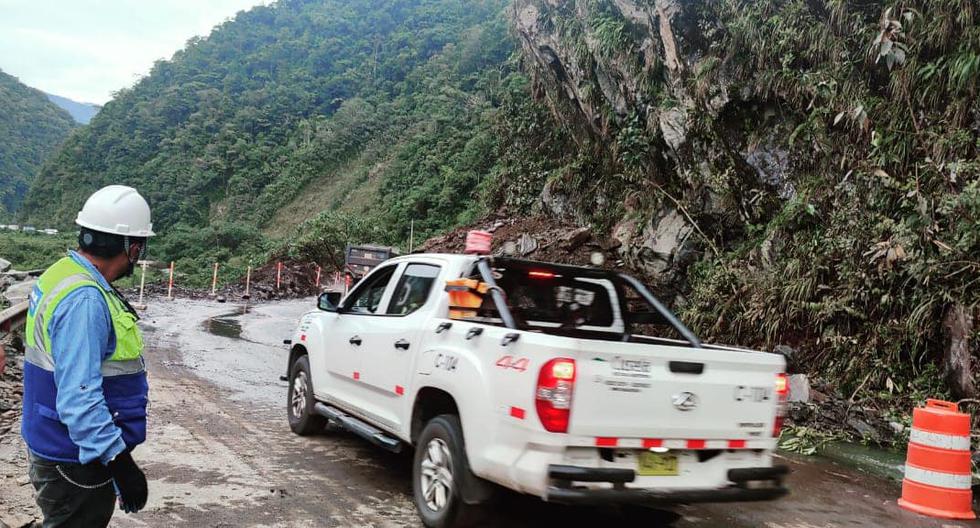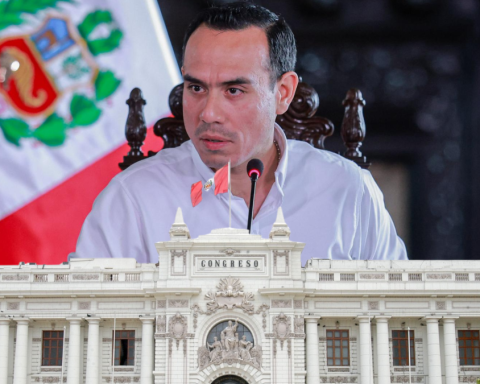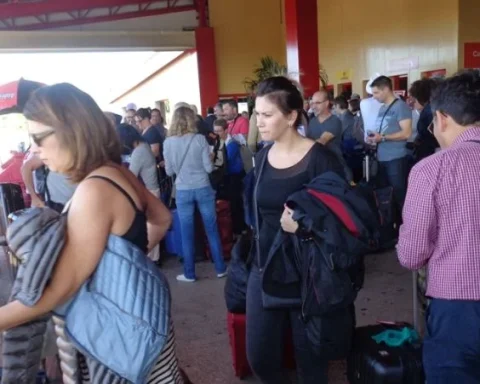The trust expert Jorge Porras defends tooth and nail the existence of this figure, which although it is new for the Dominican case, it is not for other countries where large-scale works are successfully developed and supported.
“It is an instrument of enormous value, which can help us in our countries to solve a series of advances,” he says.
He said that he likes that the Dominican Republic is discussing the trust, because it was precisely that discussion that Costa Rica -his country- had 25 years ago. “Then, it is not surprising that questions, doubts and needs for information on the subject arise. And it is important that they occur because they help us move forward. They can help us not to lose the opportunity that this figure can give us, ”she explained.
Yesterday, Porras was the guest speaker at the Master Talk “Experiences of the Public Trust in Latin America” and there he reported that today more than 500 million Latin Americans from 18 different jurisdictions share this instrument. He explained that the trust can be constituted with any type of property (as long as it meets the requirements, such as being within the trade and being capable of being quantifiable) or rights (property, real estate, etc.).
He argued that the necessary condition for there to be a trust is that the transfer of the property must take place, from the settlor to the trustee. “If there is no transfer of property, there is no trust. That is the necessary condition for there to be a trust. Those assets that are transferred from the settlor to the trustee will be a process in which the asset is not transferred definitively, but to fulfill a purpose. But he does not tell the trustee I give him or sell him this property, ”he clarified.
Meanwhile, the general manager of Fiduciaria Reservas, Andrés Vander Horst, assured that the Trust has become an instrument of development in Latin American countries, not only at the public level, but also privately. He said that nations such as Colombia, Costa Rica, Panama, Ecuador and Mexico have used the figure for years… “a hundred years ago”.
According to numbers handled by the Superintendent of Securities, Gabriel Castro, the impact of Law 189-11 on the Mortgage and Trust Market has been very positive in the Dominican Republic, to such an extent that it has contributed to the construction of 250,000 housing solutions in the last years.
“More than 600 private trusts have been set up and in terms of public offering trusts, they are not that many, but their impact manages 3% of the country’s GDP,” he said.
He reported that there are 55 investment funds in the country that have gone to influence fundamental sectors. In the last four years, those investment funds have financed more than 600 megawatts of renewable energy, he said.
He recalled that Law 189-11 of the Mortgage Market and Trust was enacted in 2011, but came into force at the end of 2012 with the creation of several regulations. “We went to Colombia for a week, before the law went into effect, and we saw the experience of that nation. Part of the law was based precisely on that Colombian experience”, he recalled. In Colombia, ports, airports, highways, dams and houses, among others, have been built with trusts. Castro indicated that the trusts have played an essential role, especially in matters of public infrastructure at the regional level.
The trustee is not the owner, he is the administrator of the asset
Jorge Porras explains that what is received by the trustee is not from the trustee, but rather the administrator and the assets do not belong to them. From the point of view of the Costa Rican specialist, the trust itself is neither good nor bad, but rather depends on how it is managed. “The trust is an autonomous estate. The assets and rights that make up the trust constitute an autonomous or independent patrimony,” he said.
